Toddler Development
Ages, stages and ideas for toddler development
Toddler Development 12 15 months

This time of your toddler's life sees many moms saying "She/he is no longer a baby". While this is true your toddler is still totally reliant on you for all her physical, emotional and social needs.
Potty Training
Still in nappies/diapers
Feeding
Enjoys finger foods May try to use a spoon
Sleeping
2 naps a day
10 hours a night
Physical Development
Sits and twists to reach things
May be walking or cruising furniture
Stands alone
Intellectual
Easy one syllable words
Enjoys clear toddler board books
Social
May be interested in other babies and young children
Loves siblings
Stranger shy
Playing
If your toddler is mobile its the "into everything" stage
Loves water play (always supervised)
Enjoys simple toys and still "mouths" articles.
Training
Should be able to identify "no" for safety
Distract your little one to avoid tantrums
>>>See activities for 12 15 month old toddlers
Toddler Development 15 18 months

If your little one is walking by now you will find that they enjoy their independence and may stretch their comfort circle a little. Toddlers are generally more sociable at this age but their main source of comfort, friendship and physical needs are from mom and dad.
Potty Training
Still in nappies/diapers
May show sign of nappy discomfort
Feeding
Will try to use a spoon to self feed
Finger foods are important
Sleeping
1 - 2 naps a day
10 hours a night
Physical Development
Should be walking sometime during these months
Older walkers may try to toddle-run
Intellectual
Stringing of two words together "Mommy come!"... "Dog bark!"
Enjoys imitating animals sounds
Enjoys clear board books
Social
Will not be able to share toys yet
Loves siblings
Stranger shy
May show signs of separation anxiety
Probably take time to warm up to new situations
Playing
If your toddler is mobile its the "into everything" stage
Loves water play (always supervised)
Sand play is a favourite
Pushing toys like trolleys can encourage late walkers
Enjoys simple toys and still "mouths" articles.
Training
Should be able to identify no for safety
Distract your little one to avoid tantrums
>>>See activities for 15 18 month old toddlers
Toddler Development 18 24 months
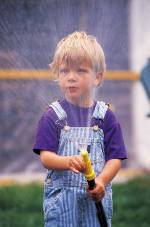
Your toddler will begin to show their own personality, possibly try to defy your instructions, but as ever need to be reassured of your love and commitment to them. Mom needs to ensure that good habits are learnt now with regards to cleaning up after themselves, being polite and obedience.
Potty Training
Time to introduce potty training
Feeding
Can feed themselves with a degree of success
Sleeping
1 nap per day
10 hours per night
Physical Development
Starts to run and is able to turn corners without falling over
Will try to jump, possibly only lifting one foot off the ground
Intellectual
Stringing of two or three words together "Kitty says meow!"... "Where Peter car?"
Enjoys imitating animals sounds
Enjoys stories about other smaller children and animals
Can turn the pages of a book
Social
Will not be able to share toys yet
Loves siblings
Stranger shy
May show signs of separation anxiety
Probably take time to warm up to new situations
Playing
Should play on their own for a period of time "checking in" with mom every now and again
Enjoys chunky construction toys
Likes fitting things together
Training
Mom needs to gently train her little one to obey using reward for obedience especially for coming when called
Teaching kindness, gentleness and sharing
Mom and Dad need to exhibit the behaviours they want their child to have
>>>See activities for 18 24 month old toddlers
Toddler Development 24 36 months
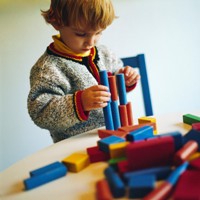
What a wonderful age this is when conversation starts to take place and you take on the role of educator of your precious child as well as being mom. Conversation plays a large part in the 2 3 year old child. Training in first time obedience continues as well as training in good habits. Mom needs to consistently exhibit the correct behaviour for her child to copy.
Potty Training
Should have some degree of success with getting to the toilet on time
Still in night nappies
Feeding
Can feed themselves with a degree of success
Should be eating from the family table
Sleeping
1 nap per day
10 hours per night
Physical Development
Able to jump, lifting both feet off the ground
Balance and co-ordination should be improving
Intellectual
Will be showing signs of preference of left and right
Longer sentences and questions are apparent
Can begin to think abstractly
Memory skills are improving
Social
Should be encouraged to share toys with friends and siblings
Most secure children are confident and friendly
Some may have real or imagined fears
Playing
Should play on their own for a period of time "checking in" with mom every now and again
Enjoys chunky construction toys
Likes fitting things together
Make believe become a large part of play
Training
Predominant focus of training a toddler in this age group is for them to obey your instructions
>>>See activities for 24 36 month old toddlers
For the best toddler development, be sure to read to your toddler everyday!
Learn how to accelerate your child's literacy development and academic success in only 10-minutes a day. Read Aloud is the Gift of knowledge and it lasts a lifetime. Read Aloud Coach and author of Read Aloud Magic. Susan Frankenberg
Other craft pages for you
Home l Star of Bethlehem Craft l Toddler Thanksgiving Craft l Thanksgiving Activities l Toddler Interest Books l Toddler Painting Crafts l Toddler Craft Books l Toddler Painting Tips l Toddler Activities l Bible Craft Index l Egg Carton Worm l Sock Worm Craft l Toilet Roll Butterfly l Grape Printing Craft l Sea Anenome Craft l Toddler Box Crafts l Toddler Housekeeping Play l Development l Toddler Crafts l Seasons Crafts l Baby Activities l Homemade Racetrack |
To Help Busy Mums and Dads Here Are Some Related Shopping Items
When you purchase from this link, you are actually purchasing from Amazon.com, and you can have peace of mind that your order will be processed by Amazon’s secure order server.


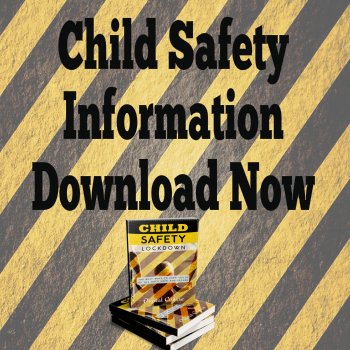
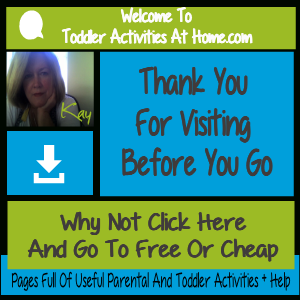

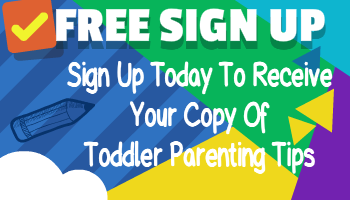
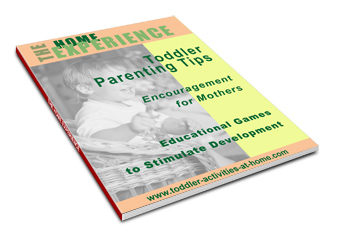



New! Comments
Have your say about what you just read! Leave me a comment in the box below.